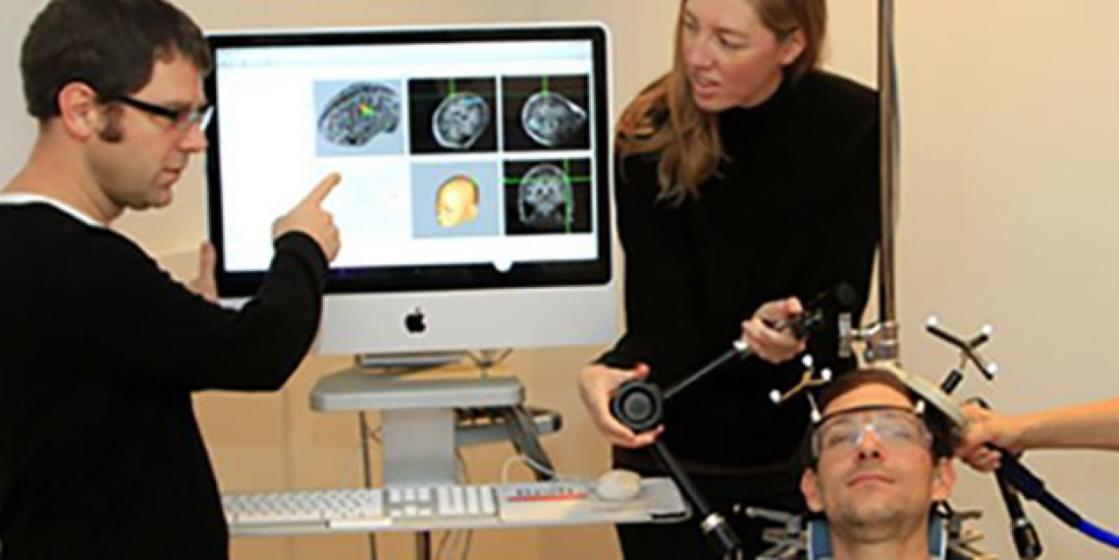Neuroscience for Startups: The Key to Unlocking Innovation?
In a world where innovation is the lifeblood of success, startups are constantly seeking new ways to stay ahead of the curve. From AI and machine learning to blockchain and IoT, technology has been at the forefront of driving innovation. But what if there was a way to tap into the most powerful computer of all – the human brain – to unlock even greater innovation potential?

The Brain And Innovation:
Neuroscience, the study of the brain and nervous system, is rapidly gaining attention as a powerful tool for driving innovation in startups. The brain is responsible for our creativity, problem-solving abilities, and decision-making, all of which are crucial for innovation. By understanding how the brain works, startups can gain insights into how to foster a more innovative culture, develop more effective products and services, and make better decisions.
- Creativity: The brain's ability to generate new ideas and solutions is essential for innovation. Neuroscience research has identified specific brain regions and neural processes associated with creativity, such as the prefrontal cortex and the default mode network.
- Problem-Solving: The brain's ability to identify and solve problems is another key factor in innovation. Neuroscience studies have shown that problem-solving involves a complex interplay of brain regions, including the prefrontal cortex, the hippocampus, and the amygdala.
- Decision-Making: The brain's ability to make quick and effective decisions is crucial for innovation. Neuroscience research has identified brain regions, such as the prefrontal cortex and the basal ganglia, that are involved in decision-making processes.
Neuroscience Tools And Techniques:
Neuroscience offers a range of tools and techniques that can be used to study the brain and its activity. These tools provide valuable insights into how the brain processes information, makes decisions, and responds to different stimuli.
- fMRI (functional magnetic resonance imaging): fMRI measures brain activity by detecting changes in blood flow. It is commonly used to study brain regions involved in various cognitive processes, including innovation.
- EEG (electroencephalography): EEG measures brain activity by recording electrical signals from the scalp. It is used to study brain waves and their relationship to cognitive processes, such as creativity and problem-solving.
- TMS (transcranial magnetic stimulation): TMS uses magnetic pulses to stimulate specific brain regions. It is used to study the causal relationship between brain activity and cognitive processes, including innovation.
Case Studies And Success Stories:
Several startups have successfully leveraged neuroscience to drive innovation and achieve remarkable results.
- IDEO: IDEO, a leading design and innovation firm, uses neuroscience to understand how people perceive and interact with products and services. This knowledge helps them design more user-friendly and innovative solutions.
- Google: Google's "Project Aristotle" studied the factors that contribute to high-performing teams. The research revealed that psychological safety, empathy, and emotional intelligence were key factors in team success. This led to changes in Google's team culture and improved innovation outcomes.
- NeuroLeadership Institute: The NeuroLeadership Institute applies neuroscience principles to leadership development and organizational change. Their work has shown that leaders who are more aware of their own brains and the brains of others are more effective in motivating and inspiring their teams.
Challenges And Ethical Considerations:

While the potential of neuroscience in driving innovation is significant, there are also challenges and ethical considerations that need to be addressed.
- Data Privacy and Consent: Neuroscience research often involves collecting personal data, including brain scans and genetic information. Startups need to ensure that they obtain informed consent from participants and protect their privacy.
- Ethical Use of Neuroscience: Startups must use neuroscience responsibly and ethically. They should avoid using neuroscience to manipulate or exploit consumers or employees.
- Limitations of Neuroscience: Neuroscience is still a relatively young field, and our understanding of the brain is incomplete. Startups should be aware of the limitations of neuroscience and avoid making exaggerated claims about its capabilities.
Future Directions And Opportunities:
The future of neuroscience in startups is promising, with emerging trends and advancements holding great potential for further innovation.
- AI and Machine Learning: AI and machine learning algorithms can be used to analyze neuroscience data and extract valuable insights. This can help startups develop more personalized and effective products and services.
- Neurotechnology: Advances in neurotechnology, such as brain-computer interfaces (BCIs), are opening up new possibilities for interacting with the brain. Startups are exploring ways to use neurotechnology to enhance creativity, problem-solving, and decision-making.
- Neuromarketing: Neuromarketing uses neuroscience to understand how consumers respond to marketing messages and products. Startups can use neuromarketing insights to create more effective marketing campaigns and develop products that appeal to consumers' brains.

Neuroscience has the potential to revolutionize innovation in startups. By understanding how the brain works, startups can gain insights into how to foster a more innovative culture, develop more effective products and services, and make better decisions. As neuroscience continues to advance, we can expect to see even more startups leveraging this powerful tool to unlock their full innovation potential.
The question remains: will neuroscience become the key to unlocking innovation in startups? The answer lies in the hands of startups themselves, as they embrace neuroscience and explore its potential to drive groundbreaking innovations that shape the future.
YesNo

Leave a Reply